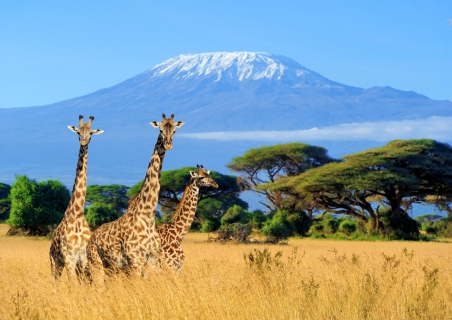Djibouti Weather and Climate: A Comprehensive Guide
Djibouti experiences great temperature shifts.
The city's weather can transition from very hot days
to warm weather.
Djibouti has a dry climate with relatively low precipitation levels.
Let’s explore the climate details in depth to provide you with a complete overview.
Average maximum day and minimum night temperature
The climate in Djibouti is known for significant temperature differences throughout the year, making the weather dynamic. On average, daytime temperatures range from a very hot 39°C in July to a comfortable 28°C in January.
Nighttime temperatures can drop, with average lows reaching 23°C in January. Check out our detailed temperature page for more information.Temperature ranges by month
Precipitation and rainy days
Djibouti maintains relatively dry conditions year-round, recording average annual precipitation of 308 mm. The seasons in Djibouti, bring significant changes in precipitation. The wettest month, November, receives moderate rainfall, with an average of 40 mm of precipitation. This rainfall is distributed across 0 rainy days. In contrast, the driest month, June, experiences much less rainfall, totaling 2 mm over a single rainy day. These distinct seasonal differences provide diverse experiences throughout the year. For more details, please visit our Djibouti Precipitation page.The mean monthly precipitation over the year, including rain, hail and snow
Sunshine over the year
Djibouti enjoys sunny spells year-round. May sees up to 10.5 hours of daily sunshine, perfect for a sunny trip. February, the least sunny month, still offers a generous 7.3 hours of sun despite this cloudier time of the year. Visit our detailed sunshine hours page for more information.Monthly hours of sunshine
Daily hours of sunshine
Average water temperature
The mean water temperature over the year ranges from 25°C in February to 30°C in June.
Water temperature over the year
Average humidity
The relative humidity is high throughout the year in Djibouti.
The city experiences its highest humidity in April, reaching 76%. In July, the humidity drops to its lowest level at 39%. What does this mean? Read our detailed page on humidity levels for further details.
Relative humidity over the year
partly cloudy and small chance of rain almost clear and no rain almost clear and no rainForecast for Djibouti
Select a Month of Interest
Check the conditions for any month of the year.
The best time of year to visit Djibouti in Djibouti
Other facts from our historical weather data:Yes, the months of June, July, August and September are very dry.
July has an average maximum temperature of 39°C and is the hottest month of the year.
The coolest month is January with an average maximum temperature of 28°C.
November tops the wettest month list with 40 mm of rainfall.
June is the driest month with 2 mm of precipitation.
May is the sunniest month with an average of 315 hours of sunshine.
No idea where to travel to this year? We have a tool that recommends destinations based on your ideal conditions. Find out where to go with our weather planner.




